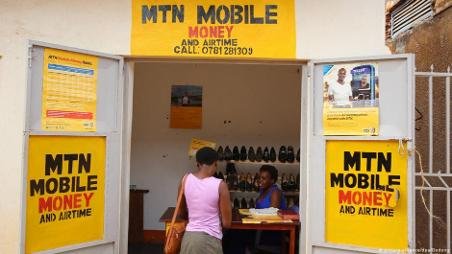South Sudan, through the central bank, has officially legalized the use of mobile money for payment of goods and services.
Previously several traders in South Sudan could not agree to be paid through the mobile money services, citing different reasons.
As the country moves to electronic payment, on Friday the Bank of South Sudan (BoSS) issued an order accepting mobile money as legal tender and a legal form of payment for goods and services.
With this new order the public would have a legal ground to pay for goods and services through mobile money, just like in the other countries.
“We wish to inform the public and business community that mobile money has been recognized as a valid and legal form of payment in line with our strategic plan (2023-2027) to increase the adult population’s use of mobile money services to 30% by 2027,” the statement reads in part.
“The goal is to make digital financial services and products accessible to the excluded section of our population at a relatively low price.” It added.
The central bank leadership encouraged the business community to comply with the order, citing that it is part of the evolution to electronic payment, as is the case in the neighbouring countries.
“Therefore, the bank is hereby encouraging all business owners, service providers, and individual merchants to accept Mobile Money payments for goods and services where such payment is offered without conditions. Mobile money transactions shall carry the same legal validity as cash or bank transfers,” the statement added.
According to the Central Bank, those who refuse to accept payment electronically will be punished by law.
“Refusal to accept it, even when offered, is a punishable offense, breaching legal tender regulations and potentially leading to fines, legal proceedings, or other legal sanctions,” the statement said.
“Businesses and service providers must display clear notices confirming their acceptance of Mobile Money and their agent number to comply with legal obligations. Consumers are encouraged to use Mobile Money in daily transactions and report any service denials to authorities.” It read
“It shall also be considered an offense for any business or service provider to falsely claim that mobile money services are unavailable when in fact they are operational,” the bank warned.
The Central Bank said that regulatory bodies and law enforcement agencies will monitor compliance and enforce penalties against violators.
“Any person or entity who is found in breach of these provisions, without lawful justification, will be subject to appropriate legal action set forth in the Electronic Money Regulation, 2017, and other applicable laws,” the statement concluded.
This came at a time when South Sudan was experiencing a shortage of currency, commonly known as a liquidity crisis.
